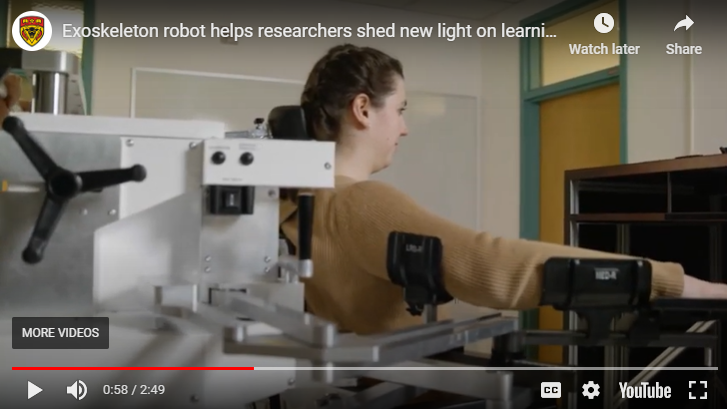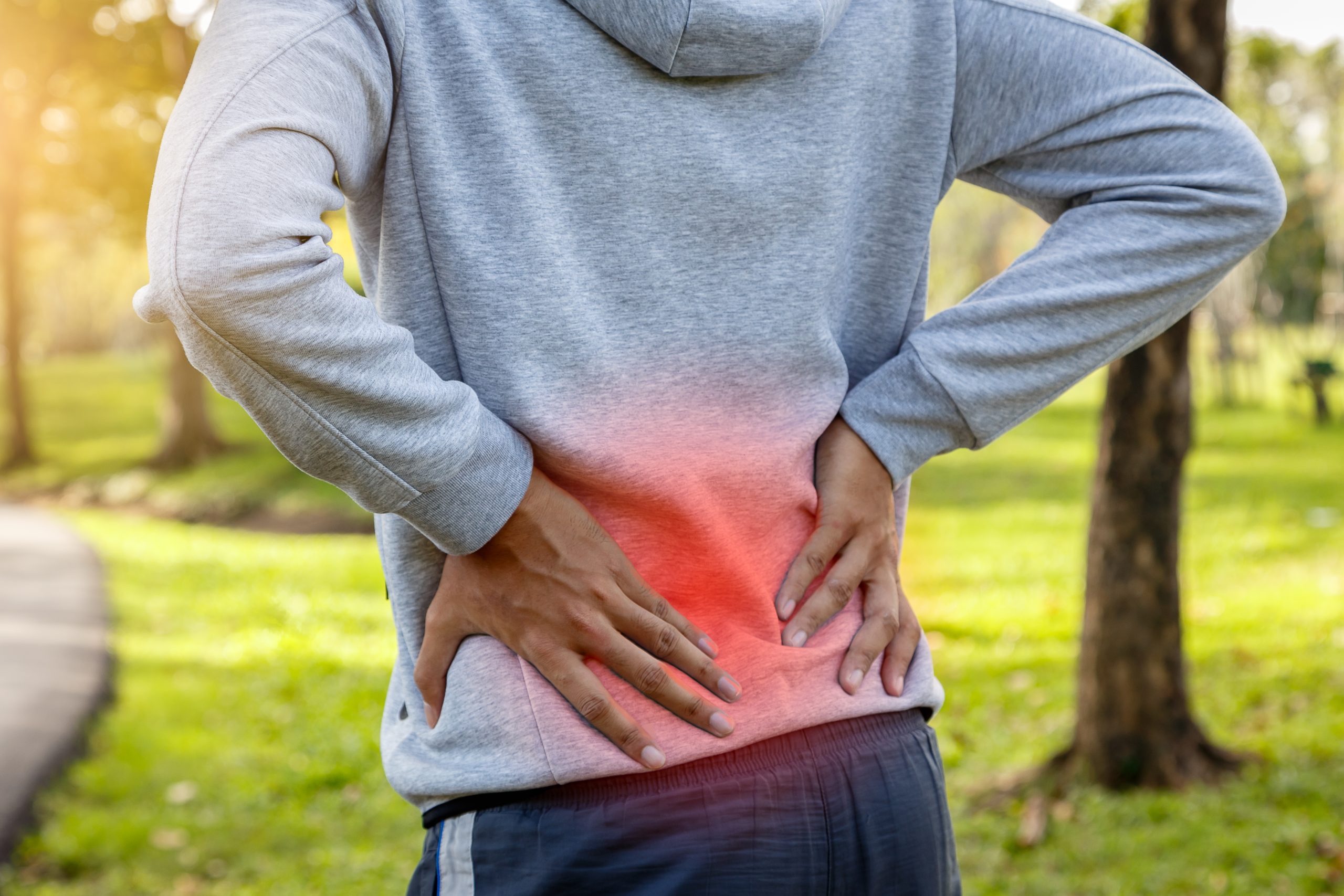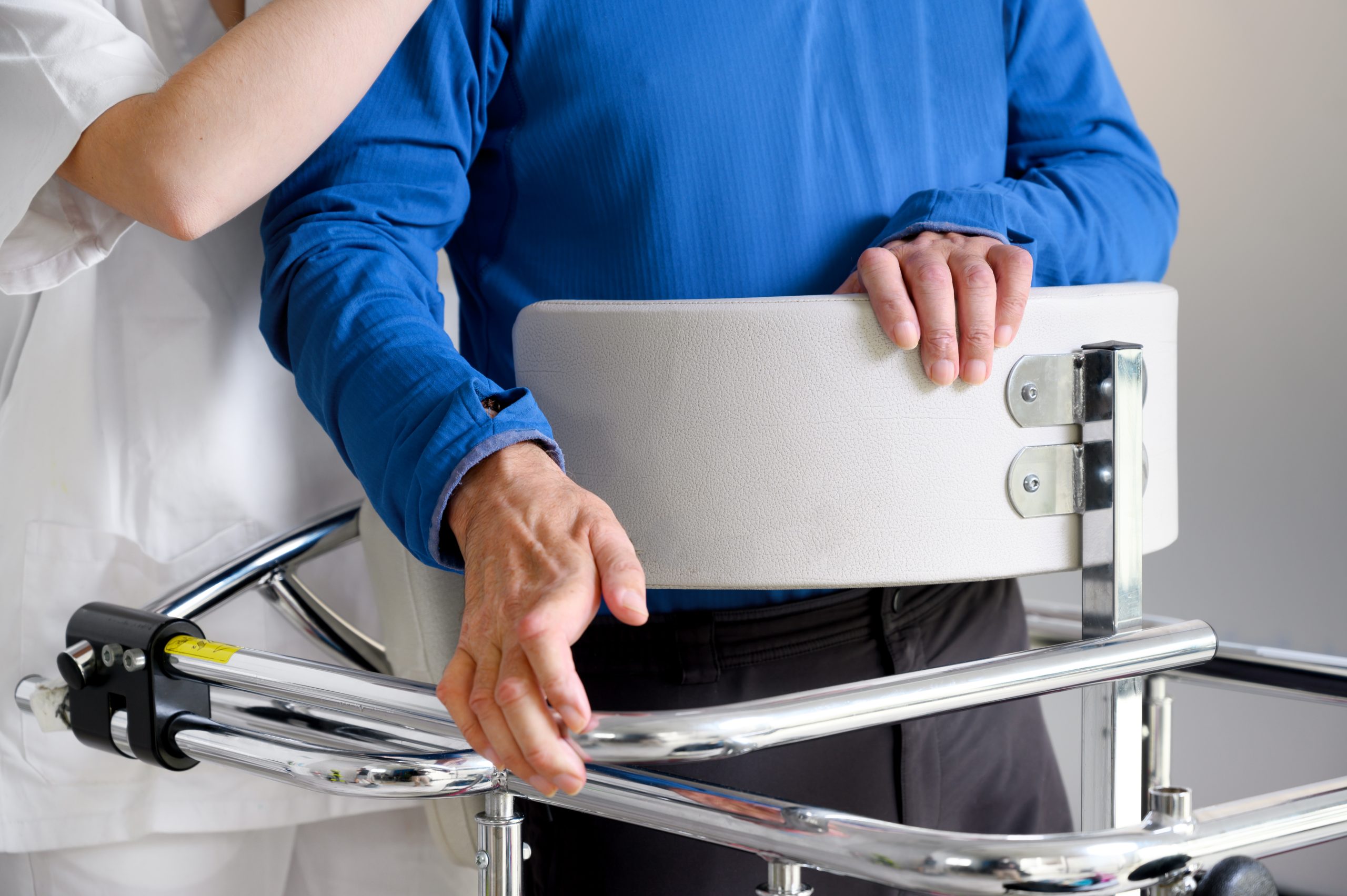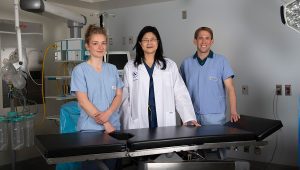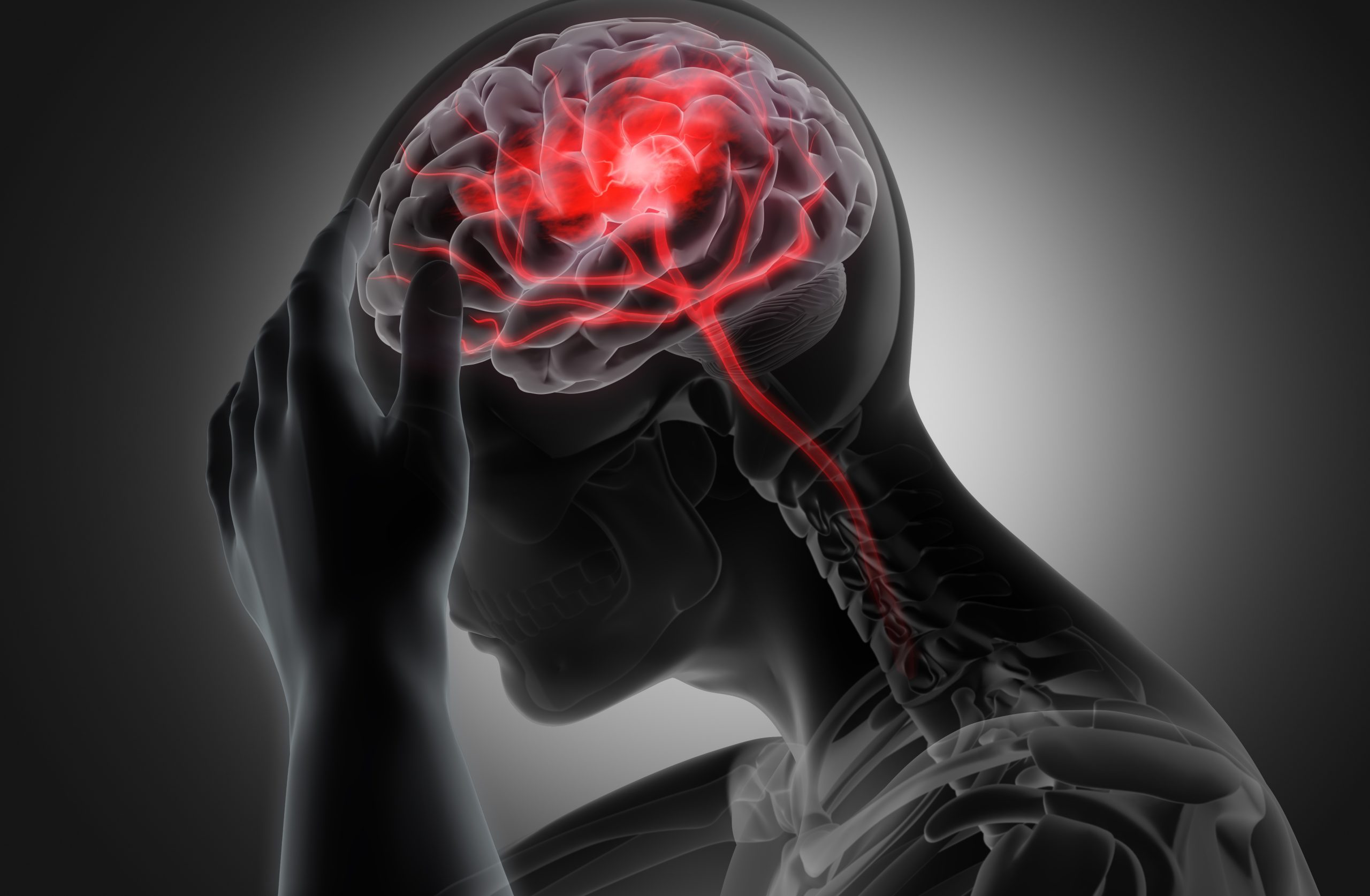
Man with heavy headache or brain stroke – conceptual artwork – 3d illustration – Gray scale Image
Approximately 20,000 Quebecers suffer a cerebrovascular accident every year. Nearly 90% are caused by a blood clot that blocks the brain’s blood vessels and, by the same token, its supply of oxygen and nutrients. Deprived of oxygen, some 1.9 million nerve cells die every minute following a stroke.
While no treatment can restore brain function, there is a therapeutic approach that helps limit the damage. It involves injecting a thrombolytic agent that dissolves the clot and restores blood flow. It must be administered within 4.5 hours of the stroke, after which the risk of bleeding increases. But according to the Ministère de la Santé et des Services sociaux du Québec, 66% of stroke victims don’t arrive at the hospital in time to benefit from the medication. The result: close to 3,000 deaths annually and 130,000 people living with physical and psychological effects. Continue reading







